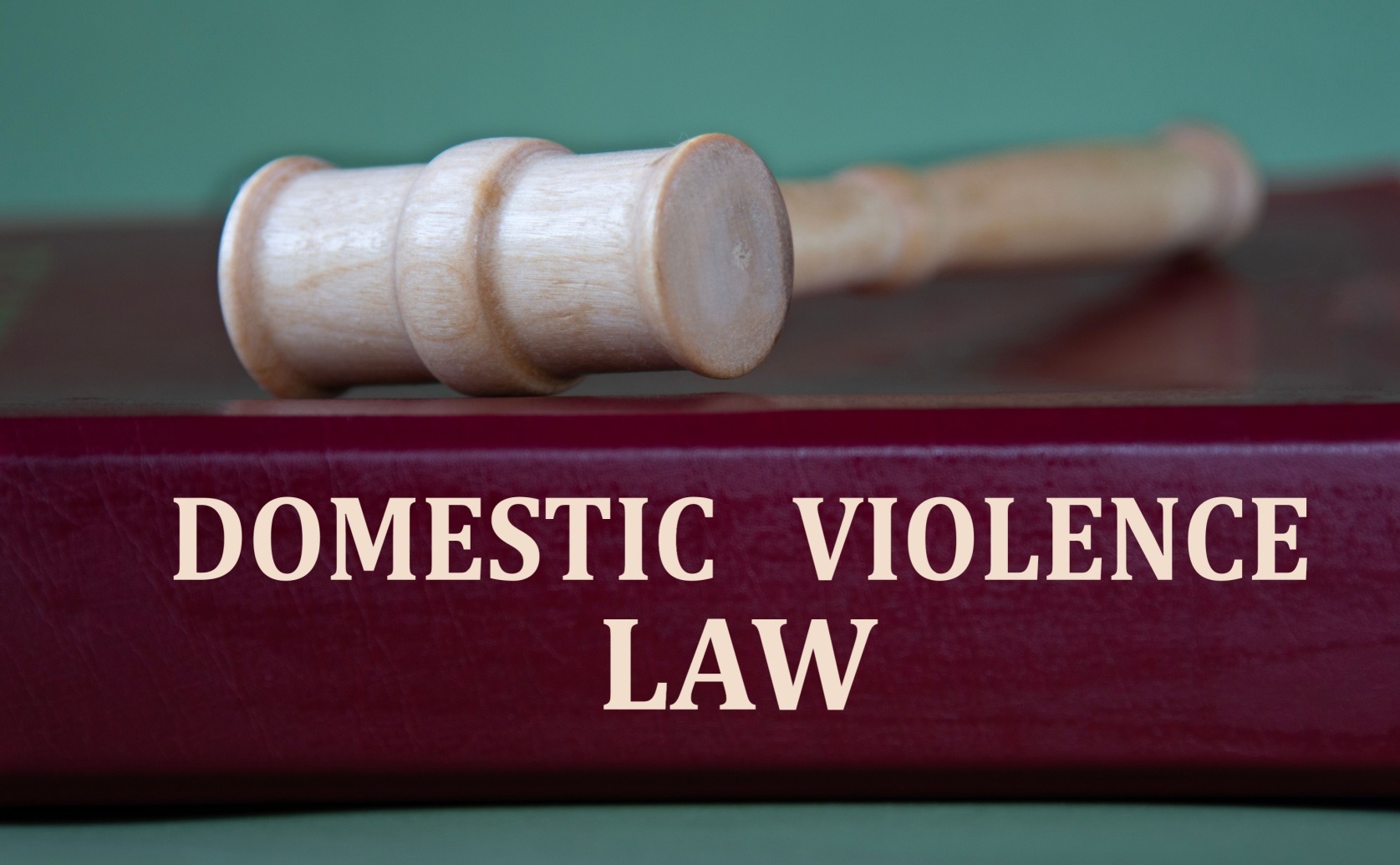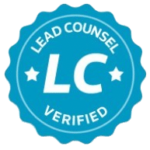Frequently Asked Questions
What does a criminal lawyer do?
A criminal lawyer specializes in defending individuals charged with criminal offenses. They provide legal representation, advise clients on their rights, negotiate plea deals, and advocate in court to achieve the best possible outcome for their cases.
What services are offered?
The services offered by Bryan Fagan Law Office include expert legal representation in various criminal defense cases, such as DUI, drug offenses, theft, and violent crimes, along with free consultations to discuss your specific situation.
What crimes are defended?
The crimes defended by Bryan Fagan Law Office include a wide range of criminal charges, such as DUI, drug offenses, theft, assault, and more, ensuring comprehensive legal representation for clients in Mesquite, TX.
Can mesquite lawyer help?
A Mesquite lawyer can provide essential legal assistance by offering expert representation for individuals facing criminal charges, ensuring that your rights are protected and helping you navigate the complexities of the legal system effectively.
Is lawyer experienced?
The experience of the lawyer is crucial. At Bryan Fagan Law Office, our attorneys have extensive backgrounds in criminal defense, ensuring skilled representation for clients facing various charges in Mesquite, TX.
Who needs a defense attorney?
The individuals who need a defense attorney are those facing criminal charges, whether minor or serious. Legal representation is crucial for navigating the complexities of the criminal justice system and protecting one's rights.
What types of cases do criminal lawyers handle?
Criminal lawyers handle a variety of cases, including but not limited to theft, assault, drug offenses, DUI, and white-collar crimes. They provide legal representation for individuals facing criminal charges and help navigate the complexities of the legal system.
How can a lawyer assist in plea deals?
A lawyer can assist in plea deals by negotiating favorable terms, advising on potential outcomes, and ensuring that clients understand the implications of their decisions. Their expertise helps secure the best possible resolution for the case.
What qualifications should a criminal attorney have?
The qualifications a criminal attorney should have include a law degree, a valid license to practice law, specialized training in criminal law, and experience in handling cases similar to yours. Additionally, strong negotiation and courtroom skills are essential.
What is the role of a defense attorney?
The role of a defense attorney is to provide legal representation for individuals accused of crimes, ensuring their rights are protected, navigating the legal system, and advocating for the best possible outcome in their case.
How does a lawyer prepare for trial?
A lawyer prepares for trial by thoroughly reviewing case details, gathering evidence, interviewing witnesses, and developing a strategic plan to present the case effectively in court. This meticulous preparation is crucial for achieving the best possible outcome for the client.
What are common defenses in criminal cases?
Common defenses in criminal cases include self-defense, alibi, lack of intent, and insanity. Each defense aims to establish reasonable doubt regarding the defendant's guilt, potentially leading to acquittal or reduced charges.
How can I evaluate a lawyers experience?
Evaluating a lawyer's experience involves reviewing their background, including years of practice, areas of specialization, successful case outcomes, and client testimonials. Additionally, consider their involvement in professional organizations and any continuing education in criminal law.
What should I expect during a consultation?
During a consultation, you can expect a thorough discussion of your case, where our attorneys will listen to your concerns, explain your legal options, and provide guidance on the next steps in your criminal defense.
What fees are associated with criminal defense?
The fees associated with criminal defense typically include retainer fees, hourly rates, and additional costs for court appearances, expert witnesses, and other legal expenses. It's important to discuss these fees during your initial consultation.
How does a lawyer investigate a case?
A lawyer investigates a case by gathering evidence, interviewing witnesses, reviewing documents, and analyzing relevant laws to build a strong defense strategy tailored to the client's situation.
What is the process for hiring a lawyer?
The process for hiring a lawyer involves researching potential attorneys, scheduling consultations to discuss your case, evaluating their expertise and fees, and ultimately retaining the lawyer who best fits your needs and legal situation.
What are the consequences of a criminal conviction?
The consequences of a criminal conviction can include imprisonment, fines, probation, and a permanent criminal record, which may affect employment opportunities, housing, and personal relationships. It is crucial to understand these potential impacts when facing charges.
How can a lawyer help with sentencing?
A lawyer can significantly influence sentencing outcomes by advocating for more lenient penalties, presenting mitigating factors, and negotiating plea deals. Their expertise ensures that clients receive fair treatment under the law, potentially reducing sentences or alternative sentencing options.
What rights do defendants have in court?
Defendants have several rights in court, including the right to a fair trial, the right to legal representation, the right to remain silent, and the right to confront witnesses against them. These rights ensure due process and protect against unjust legal outcomes.

























